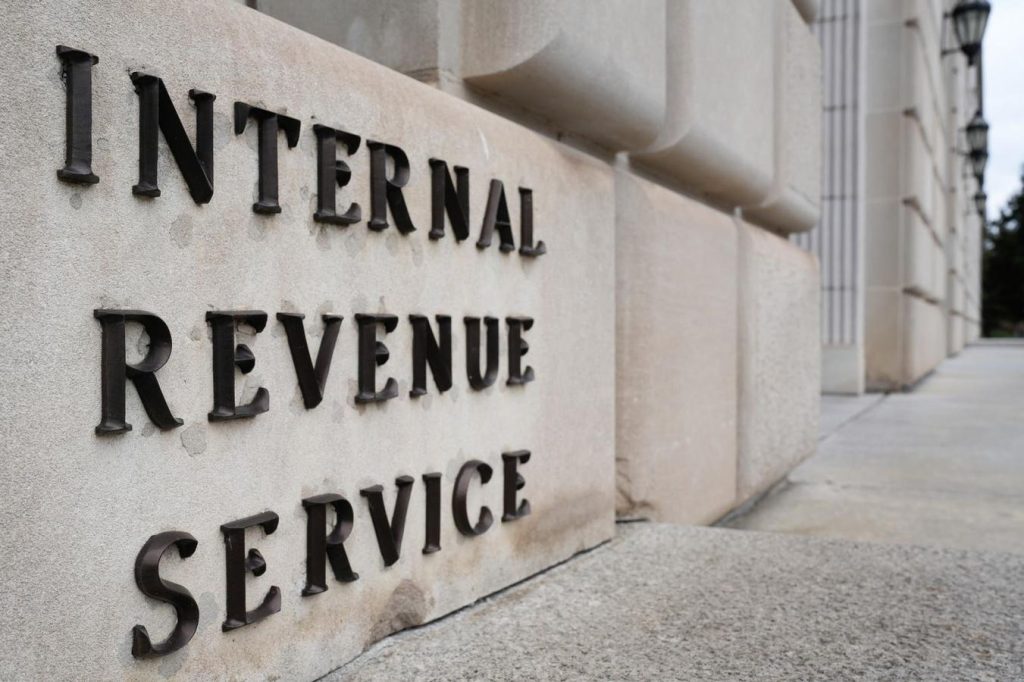The IRS recently released a Chief Counsel Advice memorandum (CCA 202444009) addressing the tax implications of frozen digital asset rewards, specifically focusing on the timing of income inclusion for rewards earned through activities like staking when the associated account is subsequently frozen. The memorandum describes a scenario where a taxpayer received staking rewards, which were credited to their account on a Digital Asset Platform. The user agreement stipulated that these credited rewards were the property of the taxpayer and could be sold, exchanged, or transferred. However, the Platform froze the taxpayer’s account and filed for bankruptcy later that same year, preventing the taxpayer from accessing or transacting with the rewards. This raised the central question: in which tax year should the taxpayer include the value of these inaccessible rewards in their gross income?
The IRS analysis begins by reiterating the established treatment of digital assets as property for tax purposes, referencing existing guidance like Notice 2014-21 and Revenue Ruling 2023-14. The core principle is that gross income includes all accessions to wealth over which the taxpayer has complete dominion, as articulated in the landmark Glenshaw Glass Co. Supreme Court case. Building upon this foundation, the IRS clarified that receiving property constitutes gross income at its fair market value when the taxpayer gains undisputed possession. Revenue Ruling 2023-14 specifically addresses staking rewards, stating that they are included in income in the year the taxpayer gains dominion and control, regardless of whether the staking occurs directly on a blockchain or through an exchange.
The novel aspect of the CCA lies in its consideration of the account freeze. The IRS analysis hinges on the concept of constructive receipt under Section 451 of the Internal Revenue Code. A cash-method taxpayer, like the one in the scenario, recognizes income when it is actually or constructively received. Constructive receipt occurs when income is credited to the taxpayer’s account or otherwise made available for withdrawal, even if not physically possessed. The IRS determined that the taxpayer in this case was in actual receipt of the rewards upon their being credited to the account, as the user agreement granted the taxpayer the right to sell or exchange them at that point. Therefore, the IRS concluded that the year of inclusion is the year of receipt, irrespective of subsequent events like the account freeze.
Consequently, the taxpayer must include the fair market value of the staking rewards in their gross income for the year they were credited to the account, even though the account was frozen by year-end. This underscores the principle that the initial availability of the rewards, rather than their continued accessibility, determines the timing of income recognition. The IRS distinguished this scenario from situations where rewards were accrued but not yet credited to the account before the freeze. In such cases, the taxpayer would not have had dominion and control over the rewards, and therefore, income inclusion would be deferred. This nuance highlights the importance of the actual crediting of rewards as a trigger for tax liability.
This CCA provides important clarification regarding the tax treatment of digital asset rewards earned through staking in the context of an account freeze. It reaffirms the IRS’s position that the timing of income inclusion is based on the taxpayer’s dominion and control over the rewards, as evidenced by the crediting of those rewards to their account. Even though the subsequent account freeze prevented the taxpayer from accessing the rewards, the initial availability establishes the tax year for income recognition. This principle aligns with the established tax principles for property and reinforces the IRS’s approach to treating digital assets like other forms of property for tax purposes.
It is crucial to note that this CCA is not considered legal precedent and cannot be cited as such. It serves as guidance for IRS personnel and offers insight into the agency’s interpretation of tax law related to digital assets. Taxpayers facing similar situations should consult with a qualified tax professional for personalized advice. The complexities of digital asset taxation, coupled with evolving regulatory landscapes, require careful consideration and expert interpretation to ensure compliance. This CCA represents a step towards clarifying the tax implications of specific events, like account freezes, within the broader framework of digital asset taxation.

